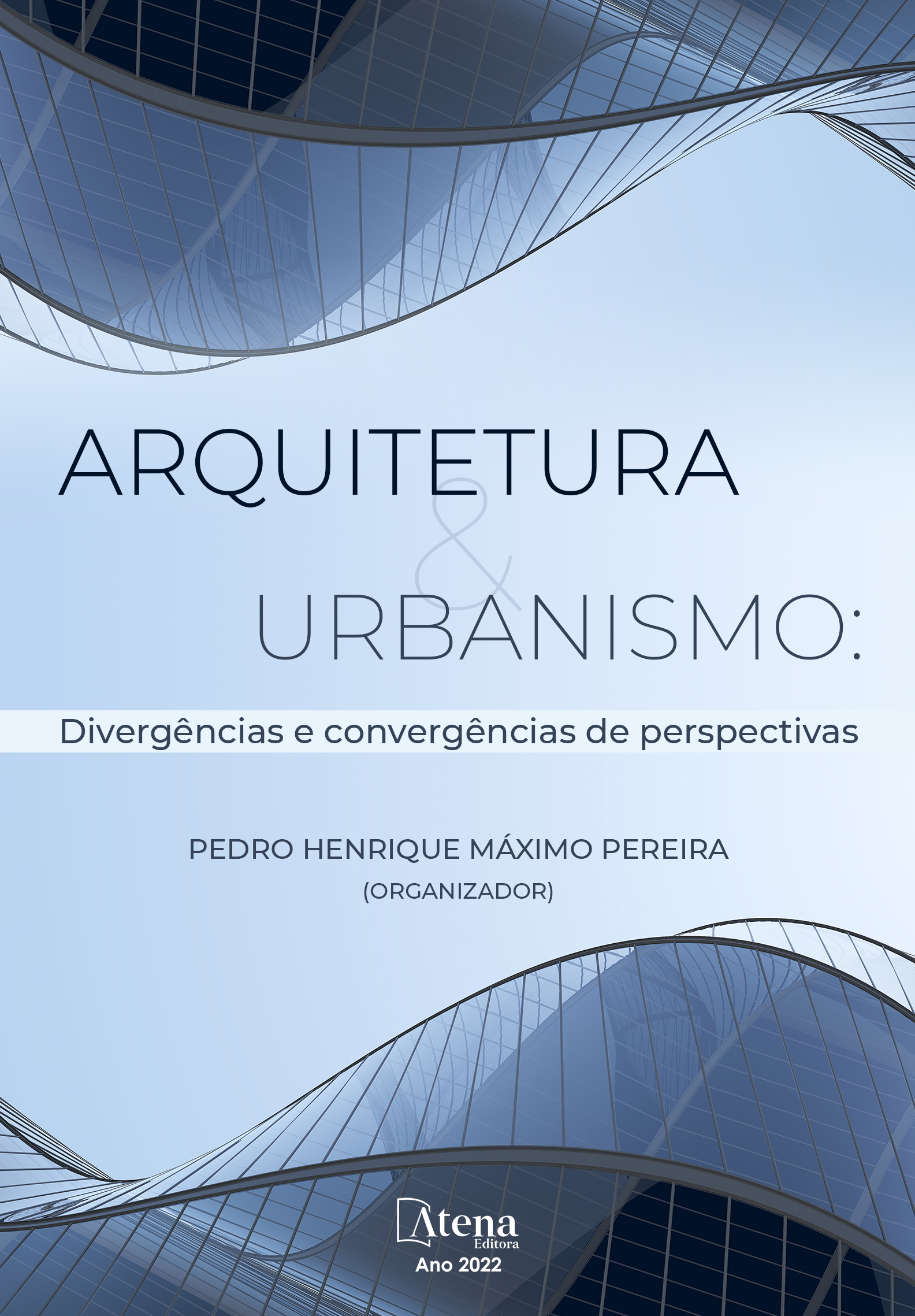
O CINEMA COMO DOCUMENTO: A ARQUITETURA COMO UM VEÍCULO DE ENTENDIMENTO DE UMA SOCIEDADE NA OBRA FÍLMICA DE FICÇÃO
Esse trabalho busca analisar o papel do cinema como documento e fonte histórica, além de sua relação com a arquitetura e urbanismo na compreensão da sociedade e do tempo em que uma obra cinematográfica se insere, por meio do entendimento acerca das ideias de documento por Jacques Le Goff, Marc Ferro, dentre outros autores. Isso pode ser feito, em específico, analisando-se aqui o cinema de ficção, através do estudo de algumas obras do século XX, relacionando os mundos ficcionais criados com o contexto social no qual as obras estão inseridas na história, como através da construção de cidade da "Metropolis" de Fritz Lang (1927) e da "Alphaville" de Jean Luc Godard (1968), até chegar em uma obra contemporânea, o filme espanhol do ano de 2019, denominado “O Poço”, para a demonstração prática dos pontos teóricos levantados em pesquisa, e sua relação com a história da sociedade do início do século XXI. Além disso, pode-se analisar como os filmes em questão utilizam dos espaços cenográficos, das edificações em si e das cidades, como um dos principais meios para aludir ao mundo tangível de forma imaginativa. A partir disso, pôde-se perceber que o audiovisual pode ser considerado de suma importância para a história, já que se configura como uma produção humana que retrata os ideais sociais de uma época, não apenas vindos de autoridades ou pessoas que detém o poder em uma cidade, mas da própria população, podendo se levantar de forma crítica e descritiva, mesmo que sendo trabalhada de forma imaginativa e ficcional
O CINEMA COMO DOCUMENTO: A ARQUITETURA COMO UM VEÍCULO DE ENTENDIMENTO DE UMA SOCIEDADE NA OBRA FÍLMICA DE FICÇÃO
-
DOI: 10.22533/at.ed.17922270415
-
Palavras-chave: Cinema; Cidade; Sociedade; História; Documento.
-
Keywords: Movie theater; City; Society; History; Document.
-
Abstract:
This work seeks to analyze the role of cinema as a document and historical source, in addition to its relationship with architecture and urbanism in the understanding of society and the time in which a cinematographic work is inserted, through the understanding of the ideas of document by Jacques Le Goff, Marc Ferro, among other authors. This can be done, specifically, by analyzing fiction cinema, through the study of some works of the 20th century, relating the fictional worlds created with the social context in which the works are inserted in history, as through the construction of city of Fritz Lang's "Metropolis" (1927) and Jean Luc Godard's "Alphaville" (1968), until arriving in a contemporary work, the Spanish film of the year 2019, called "The Well", for the practical demonstration of the theoretical points raised in research, and their relationship with the history of society at the beginning of the 21st century. In addition, one can analyze how the films in question use scenographic spaces, the buildings themselves and the cities, as one of the main means to allude to the tangible world in an imaginative way. From this, it was possible to perceive that the audiovisual can be considered of paramount importance for history, since it is configured as a human production that portrays the social ideals of an era, not only coming from authorities or people who hold power in a city, but of the population itself, being able to stand up in a critical and descriptive way, even if being worked in an imaginative and fictional way
-
Número de páginas: 12
- Alexandre Albuquerque


